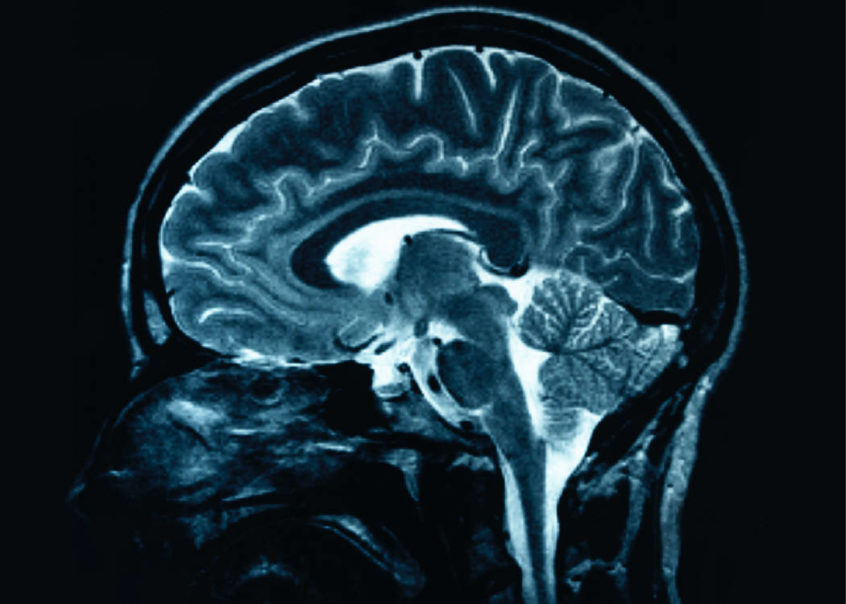More than anyone else, the boss creates the conditions that directly determine people’s ability to work well. ~ Daniel Goleman, Primal Leadership Ever wonder why some of the most brilliant, well-educated people aren’t promoted, while those with fewer obvious skills climb the professional ladder? Chalk it up to emotional intelligence (EI). When the concept first emerged in 1995, EI helped … Read More
The Emotional Brain
The brain’s wiring makes us emotional creatures. Our first reaction to any event is always emotional. We have no control over this part of the process. We can, however, control the thoughts that follow an emotion, how we react, and what we say and do. Your reactions are shaped by your personal history, which includes your experiences in similar situations … Read More
Emotional Intelligence and Performance
When we feel good, we work better. Feeling good lubricates mental efficiency, facilitating comprehension and complex decision-making. Upbeat moods help us feel more optimistic about our ability to achieve a goal, enhance creativity and predispose us to being more helpful. How does emotional intelligence contribute to our professional success? The higher you climb the corporate ladder and the more people … Read More
Emotional Intelligence and Income
You can be a top performer without emotional intelligence, but it’s rare. People with a high degree of EI make more money—an average of $29,000 more per year than those with low EI. The link between emotional intelligence and earnings is so well founded that every point increase in EI adds $1,300 to one’s annual salary. These findings hold true … Read More
Emotional Intelligence and Leadership
As a leader, you set the emotional tone that others follow. Our brains are hardwired to cue in (both consciously and unconsciously) to others’ emotional states. This is particularly true for leaders. People want to know how a leader feels and will synchronize with authorities they trust. The emotional tone that permeates your organization starts with you as a leader, … Read More
How to Develop Emotional Intelligence
Research by Goleman and other experts supports the view that emotional intelligence (EI) can be learned, and it seems to rise with age and maturity. In 2005, TalentSmart measured the EI of 3,000 top executives in China. The Chinese leaders scored, on average, 15 points higher than American executives in self-management and relationship management. To compete globally, the United States … Read More






